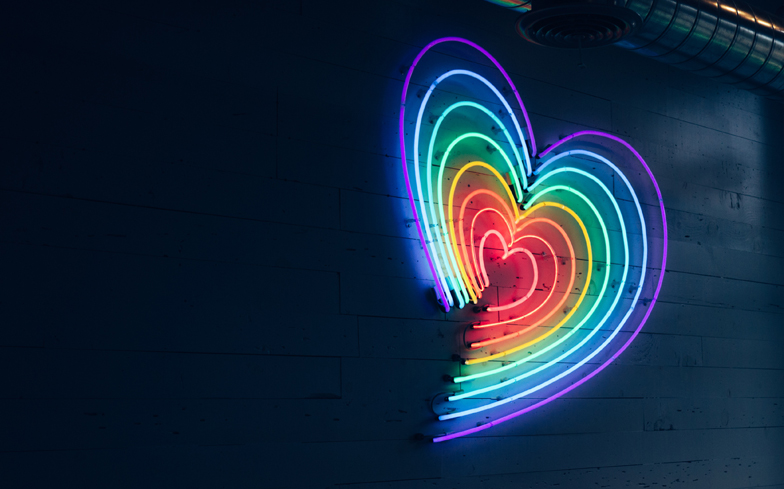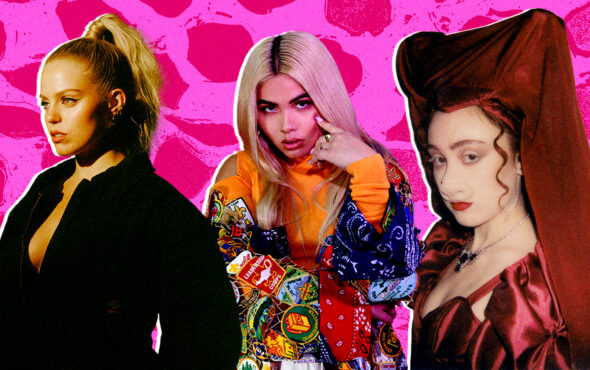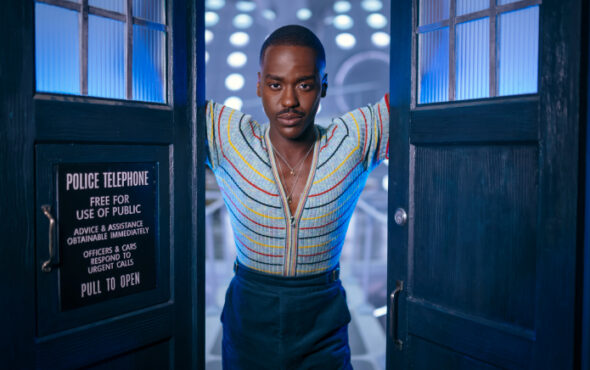
A new report has revealed that queer women and racial LGBTQ+ diversity reigned supreme in 2020 films from major studios.
According to GLAAD’s annual Studio Responsibility Index, 20 LGBTQ+ characters were counted and 11 of those roles were women. This is the first time that queer women characters have outnumbered queer men.
The racial diversity of LGBTQ+ characters also saw a six percent increase from 2019 to 2020. Out of the counted queer roles, 40 percent (eight characters) were characters of colour.
Two of those characters were Black, three were Asian-Pacific Islander, two were Latinx and one was Indigenous.
Although this is a win, the report did make note that the data is still 17 percent lower than the record high of 57 percent from the 2017 SRI.
In terms of transgender and non-binary characters, there was zero representation in major studio films.
This has been a common theme over the last few years. The report goes on to say that the last transgender character featured was in the 2016 film Zoolander 2.
Another shortcoming that plagued major studios in 2020 was their lack of LGBTQ+ characters living with HIV. There was zero representation within the 44 films counted.
Bisexual characters saw a decrease from previous years as well. In 2020, it went from 14 percent to 10 percent, with only one film featuring a bi character (Harley Quinn).
View this post on Instagram
Comedy took home the crown for the most inclusive genre with four out of the eight films being LGBTQ+-inclusive. Action, sci-fi, fantasy, and horror had the most LGBTQ+ inclusive films.
The report also pointed out that the ongoing pandemic had a hand in disrupting the releases of LGBTQ+ inclusive films.
Films like Happiest Season and The Craft: Legacy were planned for theatrical release but moved to streaming platforms due to COVID-19.
Megan Townsend, the Director of Entertainment Research & Analysis at GLAAD, released a statement regarding the future of films in relation to the ever-changing pandemic.
“It will take time to see the long-term impacts of how the entertainment industry and the theatrical business change in response to COVID and the continuing growth and proliferation of streaming services owned by the studios,” she explained.
“One thing remains certain: it is essential that the stories Hollywood exports include LGBTQ people, and are reflecting the full diversity of our community and experiences.
“We know that #RepresentationMatters, and getting to know, see, hear from, and connect with LGBTQ people through entertainment continues to be a pathway to greater understanding and acceptance.”
Read the full report here.



